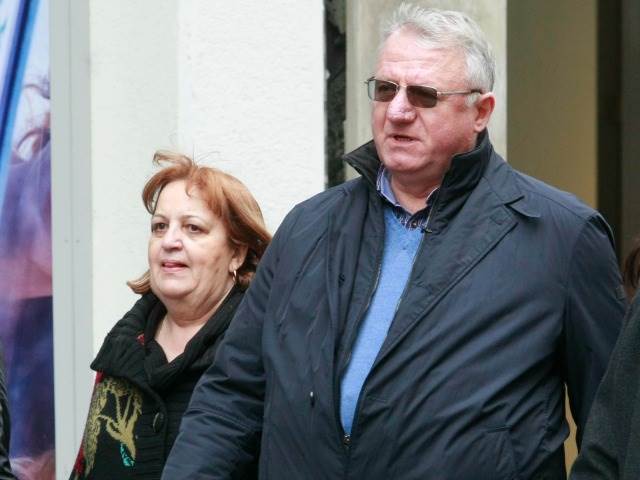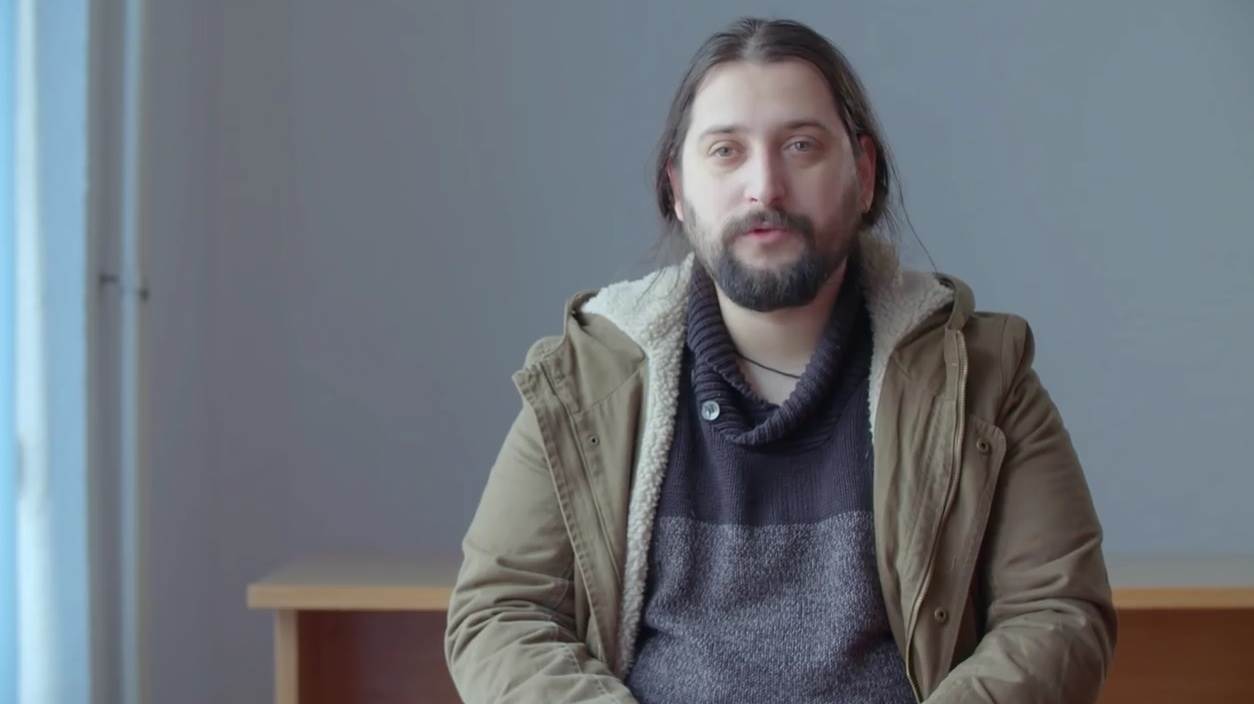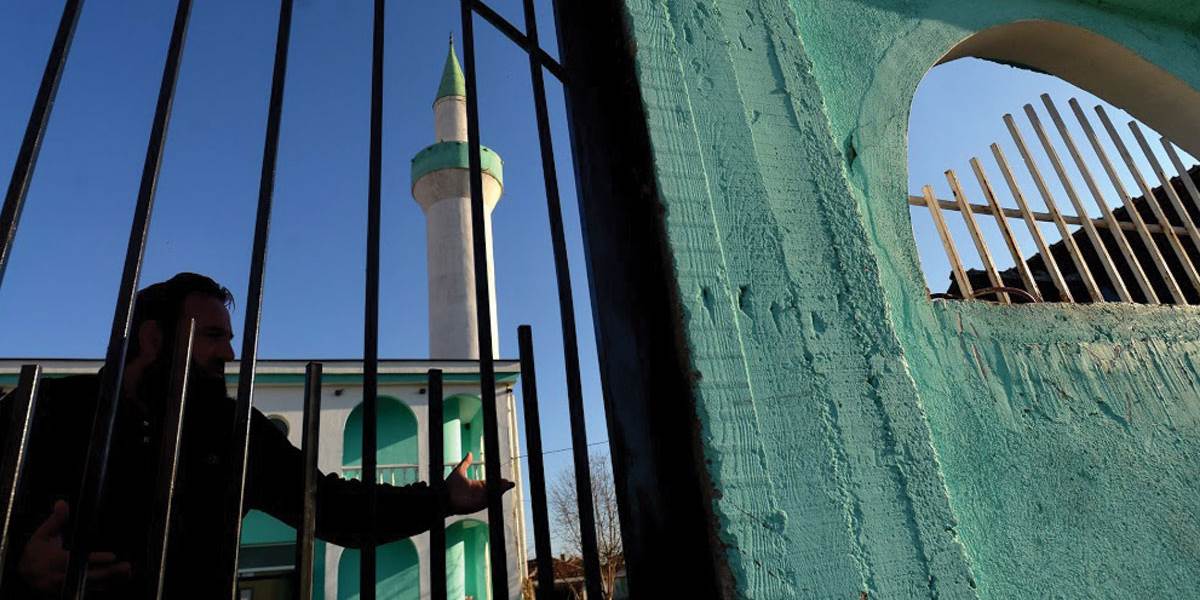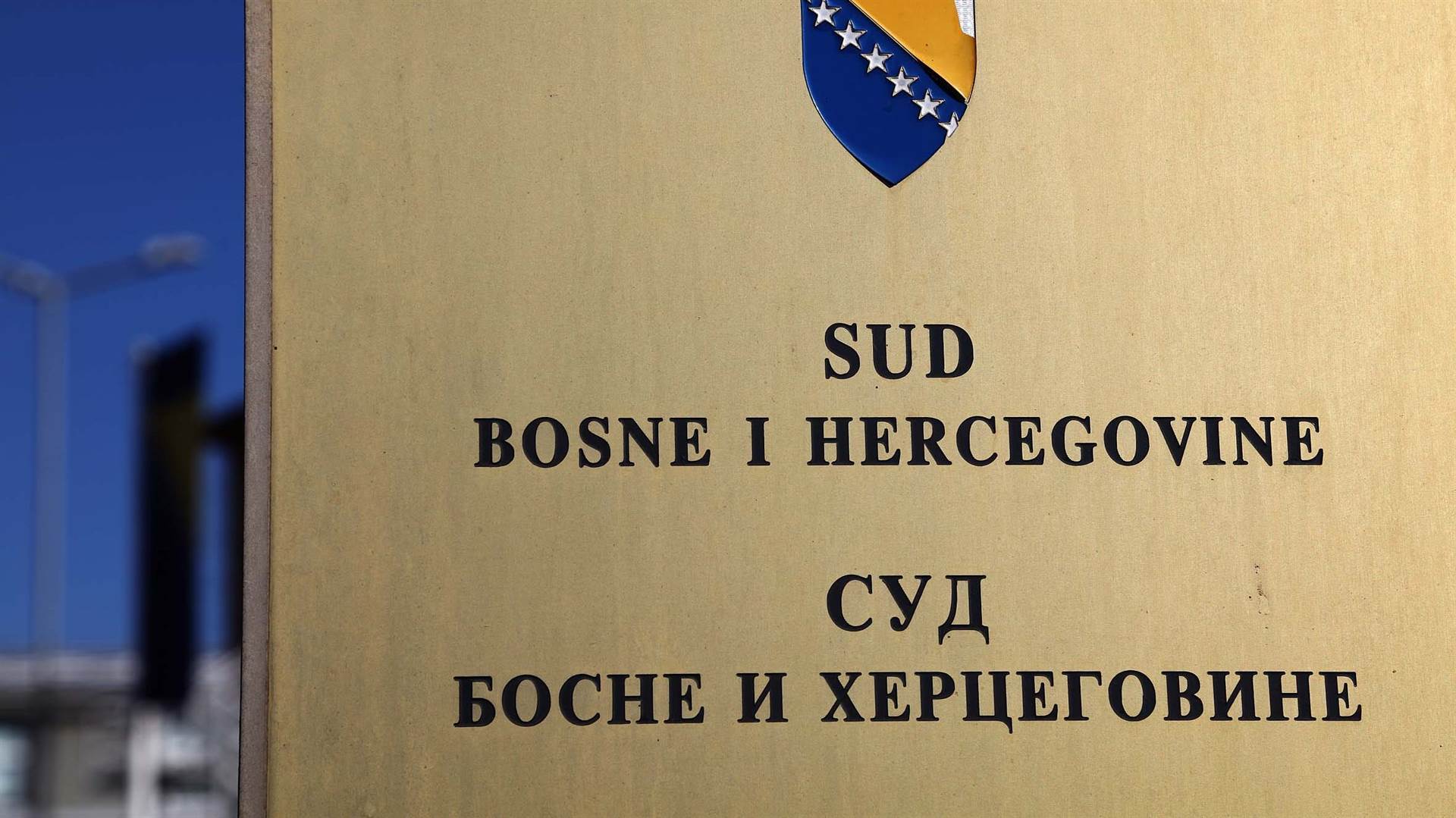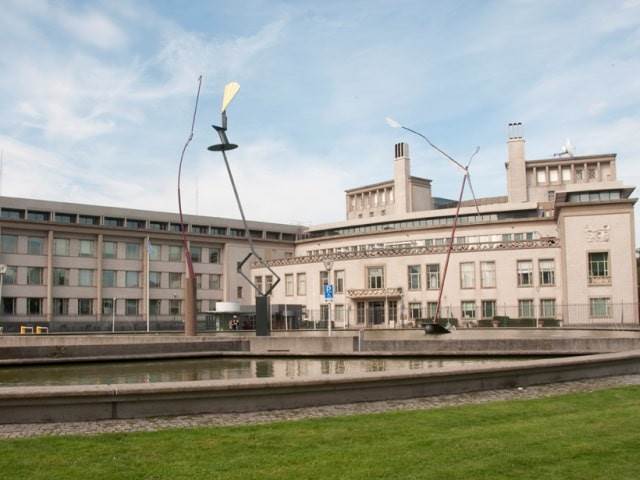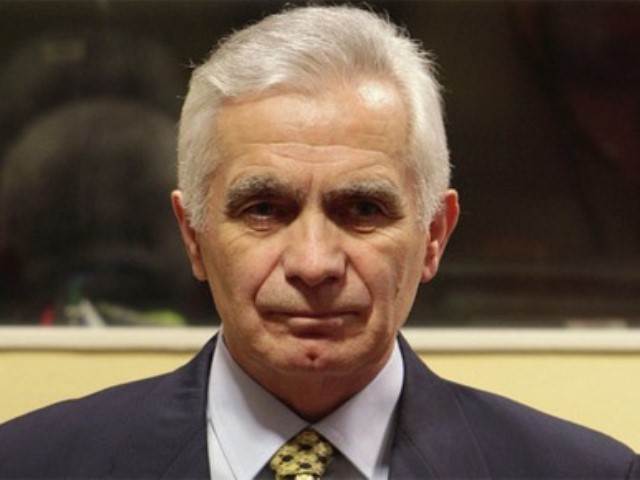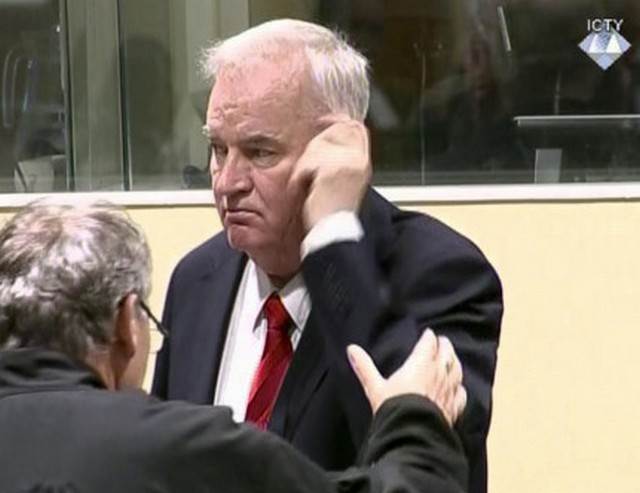The Serbian war crimes prosecution’s draft strategy for 2018-2023 does not define priorities for prosecutions, indicators for measuring success, or deadlines for accomplishing objectives, rights campaigners claim.
For over a decade, war crimes prosecutors in Bosnia, Croatia and Serbia have shown little enthusiasm for prosecuting alleged criminals whose case files were sent to them by the UN...
Dino Pecenkovic’s father and brother fought and died in Syria, but he rejected extremism - although his family’s radical connections led to accusations that he helped an Islamic militant who...
Terrorism trials involving Balkan Islamists show that many of these individuals were either indoctrinated by – or had close links to – radicalised communities in Germany, Austria and Italy.
The conviction of Ratko Mladic was cheered by Bosniaks but condemned by Bosnian Serb leaders, while rival reactions to the acquittal of Bosniak commander Naser Oric also highlighted the country’s...
The UN tribunal for the former Yugoslavia shuts on Thursday after convicting 90 war criminals, but its successes have been accompanied by courtroom controversies and a disputed legacy in Balkan...
Convicted war criminals from Bosnia and Herzegovina say that they still believe that the Hague Tribunal, which closes down on Thursday, was a politically biased court that could never deliver...
The indictment of Ratko Mladic’s aides, which the Serbian prosecution has released to BIRN after initially declaring it a state secret, says the Bosnian Serb military chief had Yugoslav Army...

